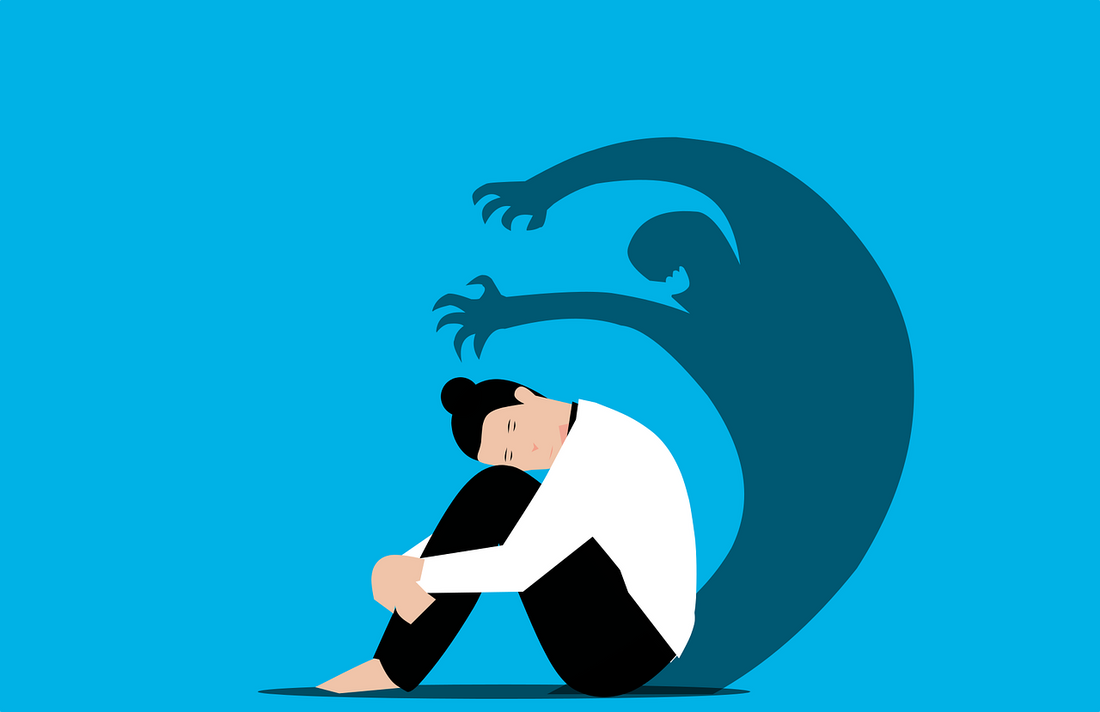
The Victim Mentality Trap
Running a small business is often seen as progressive, powerful, independent—turning passion into profit, being your own boss, and creating something from the ground up.
But as I’m sure many of you know, with that freedom comes a lot of challenges, and not all of them are easy to navigate.
For many small business owners, when things don’t go as planned, there’s a temptation to fall into what’s called the “victim mentality.”
It’s a mindset where external factors—things outside of your control—become the reason for all your struggles.
If you’re a small business owner, this can be a dangerous trap.
Let’s explore why this mindset is so common in entrepreneurs, how it can sabotage your success, and most importantly, how to break free from it.
The Victim Mentality: What Is It and Why Is It So Common?
The victim mentality is essentially the belief that you’re helpless in your situation, that things are happening TO you, and that there’s little or nothing you can do to change the outcome.
In the context of small business ownership, it often sounds like this:
- “The market is just too competitive; I’ll never get ahead.”
- “People don’t appreciate handmade goods anymore; there’s no point in trying.” (I myself am guilty of this particular phrase).
- “I don’t have the resources that bigger companies do, so how can I possibly succeed?”
These thoughts feel valid because the challenges are REAL.
The competition IS tough, and it’s true that bigger companies have more resources.
But the issue with a victim mentality is that it shifts your focus away from what you CAN control and places all your power in the hands of external factors.
The blog post from Cayenne Consulting highlights this well: if you enter into the mindset that the world is out to get you or that you’re constantly at the mercy of external forces, you’re setting yourself up for failure. This isn’t just bad for business; it can take a toll on your mental health, your drive, and your long-term success.
My partner gave me some interesting feedback about a video I recently posted.
My intention was not to be aggressive or defensive, but from his perspective, he saw arrogance, victim, and narrow-mindedness.
To say I felt offended and annoyed is an understatement. I could not believe that my partner said this to me!
However, the more we talked and analysed my video, I finally understood his perspective (even though a small part of me still justified the reasoning behind the video).
His suggestion was to shift from a defensive, negative tone to a bubbly and optimistic tone by phrasing the captions differently, and most of all, the face expressions I pulled in the duration of that video.
To finalise this point-of-view story I just told, my partner provided me with the motivation to show off what my business is really about – a beautiful young woman who crochet’s authentic items because SHE LOVES WHAT SHE DOES. Whose aura is bubbly, infectious, and spreads joy to others…
Remember WHY you built your small business in the first place. What is your origin story?
How It Shows Up for Small Business Owners
Owning a small business means wearing many hats—marketer, customer service rep, accountant.
That’s a lot of pressure, and when things inevitably go wrong, it’s easy to fall into a mindset of blaming circumstances instead of taking responsibility.
Here are some examples, that may be strangely familiar, of how the victim mentality plays out:
- Procrastination: You keep delaying tasks because you feel like they won’t make a difference anyway.
- Blaming others: You blame customers, the economy, or even friends and family for not supporting your business.
- Defeatism: You give up on ideas before trying them because you assume they won’t work.
While these reactions may feel like a way to protect yourself from failure, they’re actually preventing you from seeing potential solutions.
The reality is, in business, things rarely go perfectly—and successful business owners learn to adapt to that reality rather than letting it defeat them.
Breaking Free: How to Overcome the Victim Mentality
So, how do you break out of the victim mindset?
It’s not about ignoring the very real challenges you face, but rather shifting your perspective so that those challenges don’t control you.
Helen Packham’s advice offers actionable steps to help business owners reclaim their power and focus on what they can control.
Here’s how to make that shift:
- Acknowledge the Problem: Recognise when you’ve fallen into it. Are you constantly blaming external factors for your setbacks? Take a step back and assess where your energy is going—are you focusing on the problem or the solution?
- Shift Your Focus to What You Can Control: Instead of focusing on things you can’t change—like a tough market or a lack of resources—shift your attention to what you CAN do. Can you tweak your marketing strategy? Are there small but significant improvements you can make to your product? By concentrating on your own actions, you’ll start to feel more empowered.
- Develop a Growth Mindset: The victim mentality thrives on a fixed mindset—the idea that things are the way they are, and you can’t change them. A growth mindset, on the other hand, embraces challenges as opportunities to learn and improve. Business setbacks don’t define your ability to succeed; how you respond to them does.
- Stop Comparing Yourself to Others: I understand it’s easier said than done, but it’s also easy to look at other businesses and feel discouraged by their success, especially if they seem to have more resources or support. But constant comparison feeds into the victim mindset. Focus on your own journey and progress, not how others are doing.
- Build Resilience: The key to long-term success is the ability to bounce back from failure. Strengthen your resilience by celebrating small wins, practicing self-compassion, and maintaining a positive outlook even when things don’t go your way.
Turning Victimhood into Victory
It’s completely natural to feel overwhelmed and discouraged as a small business owner, especially in today’s fast-paced, competitive world.
But it’s important to remember that the victim mentality doesn’t serve you—it keeps you stuck.
By shifting your focus away from what you CAN’T control and putting your energy into what you CAN, you give yourself the power to create change.
The most successful entrepreneurs aren’t the ones who never fail—they’re the ones who refuse to let failure define them (I know that sounded cringey, but admit it, it’s true).
So, if you find yourself stuck in a cycle of negativity or blaming outside factors, take a breath and ask yourself: what can I do differently? What’s within my control?
Small shifts in mindset can lead to big changes in outcome.
When you stop seeing yourself as a victim of your circumstances and start seeing yourself as the driver of your own success, you open up new opportunities and paths forward.
Trust me, when writing this blog article all I could see were things I have thought and said myself.
I would get in a slump, become woeful of how unjust my situation is in comparison to others, and blame, blame, blame.
It didn’t feel good, but it was something easy – to blame and be the victim.
Remember, you’ve got the creativity, passion, and drive—it’s time to reclaim the power and make your business thrive.
